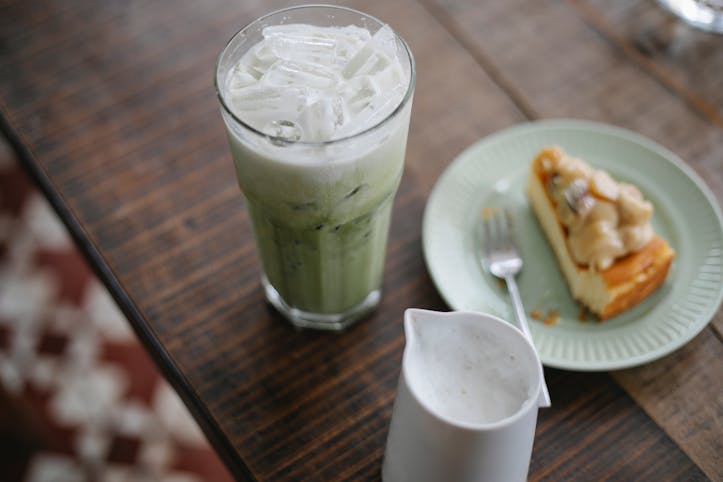Fasting Tea Benefits: Is Matcha Green Tea Good for Intermittent Fasting?

When exploring the benefits of fasting tea, a common question arises: is matcha green tea good for intermittent fasting? This traditional Japanese tea has gained global recognition not only for its unique flavor but also for its potential health benefits, especially when it comes to fasting regimens.
The Role of Matcha Green Tea in Intermittent Fasting
Intermittent fasting involves cycling between periods of eating and fasting, which can aid in weight loss and improve metabolic health. Incorporating matcha green tea into your fasting period can be beneficial for several reasons. Its high concentration of catechins, a type of antioxidant, helps to promote fat oxidation and improve thermogenesis, which can enhance the fasting process.
Matcha’s Nutritional Profile During Fasting
One of the key components that make matcha green tea suitable for intermittent fasting is its minimal calorie content. Consuming low-calorie or calorie-free beverages like matcha can help maintain the fasted state while providing a sense of satiety. Additionally, matcha contains L-theanine, an amino acid that promotes relaxation without drowsiness, making it easier to manage hunger pangs during fasting periods.
Matcha’s Impact on Energy Levels and Focus
While fasting, maintaining energy levels and focus can be challenging. Matcha green tea provides a natural source of caffeine, which can help sustain energy without the jittery side effects often associated with coffee. The presence of L-theanine also aids in the gradual release of caffeine, ensuring a steady boost in concentration and alertness throughout the fast.
Does Matcha Break a Fast?
A common concern is whether drinking matcha green tea will break a fast. Since matcha is virtually calorie-free and does not cause a significant insulin response, it is generally considered fasting-friendly. However, adding sweeteners or milk to matcha could potentially break the fast, so it’s best consumed plain during fasting hours.
Choosing the Right Matcha for Fasting
For those considering adding matcha to their intermittent fasting routine, it’s important to choose a high-quality, ceremonial-grade matcha. This ensures that the tea is free from additives and sugars that could interfere with the fasting state. Organic and sustainably sourced matcha is also recommended for the purest form of the tea.
How to Incorporate Matcha Into Your Fasting Window
Integrating matcha green tea into your fasting window is simple. Begin by whisking a teaspoon of matcha powder with hot water to create a frothy tea. For best results, consume matcha in the morning or early afternoon to take advantage of its energizing effects, while also respecting the fasting period.
In conclusion, matcha green tea can be a valuable addition to an intermittent fasting regimen. Its health-promoting properties, coupled with its ability to support the fasted state, make it an excellent choice for anyone looking to enhance their fasting experience. As always, consult with a healthcare professional before making any significant changes to your diet or fasting routine.
Discover if matcha green tea is a suitable companion for intermittent fasting and how it can enhance your fasting tea benefits.
Recent Posts
- Fasting Tea Essentials: What Teas Can You Drink While Intermittent Fasting?
- Fasting Tea: Enhancing Your Intermittent Fasting Experience
- Fasting Tea Benefits: Can You Drink Herbal Tea During Intermittent Fasting?
- Unlocking the Secrets of Matcha Tea for Rapid Weight Loss
- Fasting Tea Essentials: Choosing the Right Blend for Intermittent Fasting
- Fasting Tea Benefits: Intermittent Fasting Rooibos Tea
- Fasting Tea: Unlocking Health Benefits with Green Fit Tea
- Fasting Tea: Exploring Herbal Options for Your Regimen
- Can I Drink Barley Bergamot Green Tea for Fast Weight Loss?
- Herbal Fasting Tea Amazon: A Guide to Choosing Your Blend